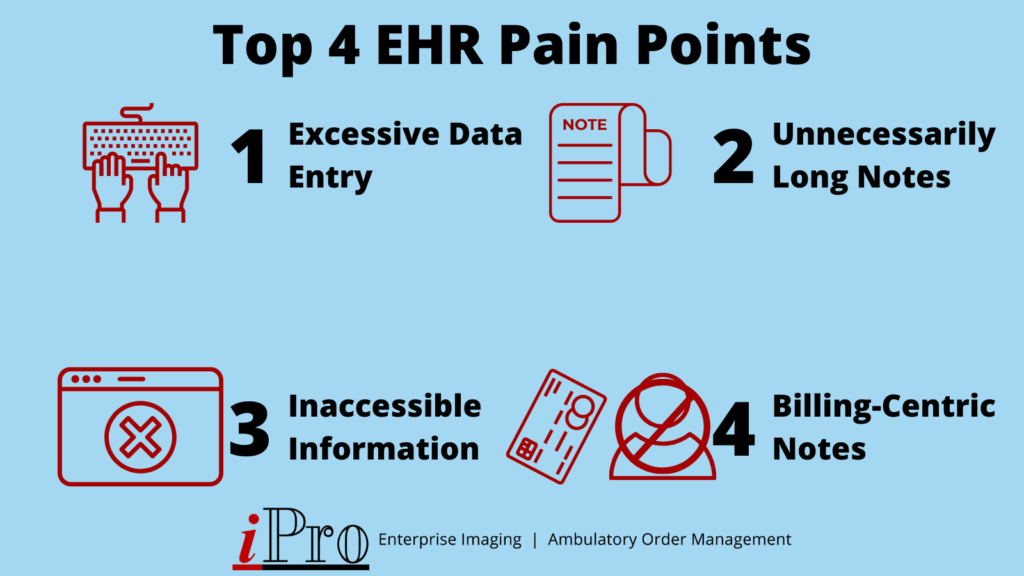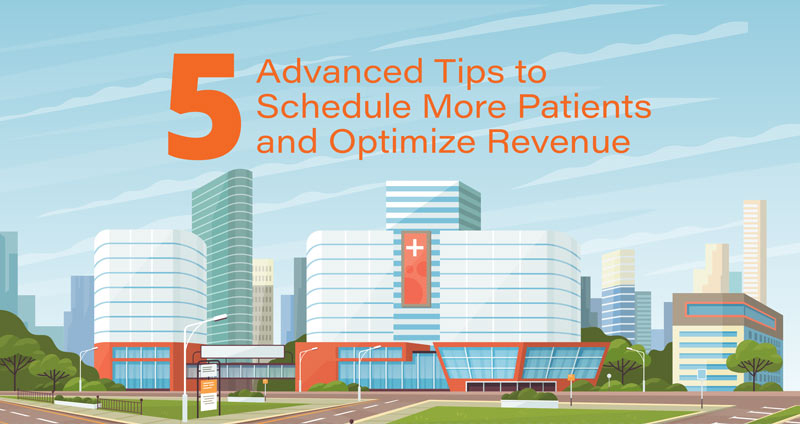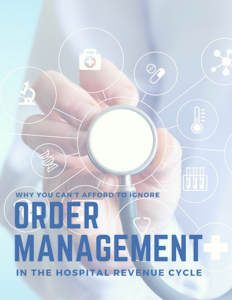(Last Updated 5/2/2022)
May is Mental Health Awareness Month. According to the National Alliance on Mental Illness, 1 in 5 U.S. adults experience mental illness. The COVID-19 pandemic has exacerbated mental health problems, leading Dr. Anthony Fauci to warn that a “mental health pandemic” could be on the post-pandemic horizon. Physician mental health is of particular concern, with 42% of physicians experiencing burnout according to a 2021 Medscape survey. In Medscape’s 2022 report, this number increased to 47%.
In this blog, we’ll look at some ways to improve physician mental health and well-being, ranging from mitigating burnout to technology that can help make providers’ lives easier.
Physician Mental Health & Burnout
In the 2021 Medscape survey referenced earlier, most physicians who reported feeling depressed considered burnout to be a major contributor to their depression. While the pandemic has made burnout worse, 79% of Medscape respondents said their burnout began before the pandemic. Top contributors to burnout include:
- Too many bureaucratic tasks (58% in 2021, 60% in 2022)
- Lack of respect from colleagues and other professionals (37% in 2021, 39% in 2022)
- Too much time spent at work (37% in 2021, 34% in 2022)
- Lack of control/autonomy (28% in 2021, 32% in 2022)
- Insufficient compensation (32% in 2021, 28% in 2022)
- Increased computerization of practice (28% in both reports)
Addressing these contributors to burnout can help mitigate the problem and improve physicians’ mental health and well-being. This in turn leads to less turnover, better patient care and treatment, and reduced revenue leakage. Ways of mitigating burnout include:
- Reducing workloads
- Streamlining workflows
- Providing mental health support programs and resources
- Giving providers more control/autonomy
Learn what clinicians themselves are saying about burnout in our blog on the topic.
Physician Mental Health & Technology
As noted in the previous section, technology can be a contributor to burnout. In particular, EHR’s have shown to contribute to burnout, even more than experts predicted when the HITECH Act was passed in 2009. This isn’t surprising considering U.S. clinicians spend 50% more time using EHR’s than clinicians in other countries. A study published in JAMIA in April 2021 indicates that this significant amount of time spent using EHR’s can lead to burnout. Specifically, the JAMIA study found that physicians who spend 5 or fewer after-hours charting in the EHR are twice as likely to report lower burnout levels than those who reported 6 or more weekly after-hours of EHR charting. Additionally, those who believe their organization has done a great job in regards to EHR implementation, training, and support were twice as likely to report lower burnout levels than those who don’t.
A 2019 study published by JAMA found that some of EHR’s biggest pain points include:
- Excessive data-entry requirements (86.9%)
- Unnecessarily long notes (75.2%)
- Inaccessible information from other facilities (73.1%)
- Billing-centric notes rather than patient-centric notes (73.1%)
- Work-life balance issues (63.1%)
- Posture issues (51.1%)
- Physical pain (47.5%)

The study’s author, Philip J. Kroth, MD, MS suggested that EHR usability could be improved if more clinicians were involved in the EHR design process.
Tech that Helps Improve Physician Mental Health
While technology can be a detriment to physician mental health, it can also provide relief. When considering tech that improves physicians’ mental health, look for solutions that do the following:
- Reduce workloads
- Streamline workflows
- Provide integrated support and assistance
- Allow end-users to quickly troubleshoot problems themselves
- Facilitate interoperability and information exchange
If you’re looking to improve your ambulatory order processes and provide a better experience for both patients and providers, check out iOrder, our ambulatory order management solution with integrated clinical decision support and billing assistance. iOrder meets all the tech requirements for improving physician mental health and wellbeing listed above and can help grow your referrals. Plus, iOrder offers an integration with AuthNet to remove the burden of following up on prior authorizations from your clinical staff.
Watch the short video below for an overview of iOrder.
Physician Mental Health Resources
Addressing burnout and using technology to make clinicians’ live easier are great ways to improve physician mental health. In addition to these tactics, however, it’s also important to provide physicians with adequate mental health resources. In the same Medscape survey we referenced earlier, 47% of respondents said their workplace doesn’t offer a program to reduce stress or burnout. Another 18% said they didn’t know. While 42% of respondents indicated they were “very unlikely” to participate in that program, 30% said they were “very likely” to.
It’s important for healthcare organizations to provide mental health and support programs for their staff. One such program is the American College of Physicians (ACP) Well-being Champion program. The Well-being Champion program utilizes trained ACP members, or “Champions”, who are responsible for promoting physician well-being in a variety of ways, such as:
- Giving presentations to chapter members to create a deeper awareness of the issues
- Teaching members how to make the case for investing in physician well-being to their leaders
- Sharing evidence-based strategies for improving physician mental health and well-being
- Measuring individual’s burnout and satisfaction levels, analyzing the results, and providing relevant interventions
For more information on the ACP’s Well-being Champion program and their other well-being initiatives, contact your local ACP chapter. Other physician mental health resources every healthcare organization should consider include:
- Peer-to-peer support groups
- Mental health consultation services (on-site or third party)
- Burnout/Satisfaction surveys and discussion groups
Supporting Physician Mental Health
Physician mental health should be a focus for healthcare leaders throughout the year, not just during Mental Health Awareness Month. Physicians and other medical personnel were everyday heroes before the COVID-19 pandemic, and their heroism has only grown as they work on the frontlines day-to-day. Posting messages of support and encouragement on social media falls flat if organizations fail to address the actual issues affecting physician mental health and well-being. By tackling burnout, investing in physician-friendly tech, and providing mental health resources, healthcare leaders can do their part in improving physician mental health.
At iPro, we have been providing our clients with solutions and support to improve the lives of both patients and providers since 1998. Our software solutions can help reduce workloads, streamline workflows, grow referrals, maximize reimbursements, and improve interoperability. Our iOrder ambulatory order management solution can help streamline the ambulatory patient scheduling and order process.
Download this infographic to learn how iOrder can help shave 5 to 10 minutes off each order and reduce burnout. Schedule a live demo of iOrder for in depth look at all its benefits.
If you or someone you know is experiencing suicidal thoughts, call the confidential Suicide Prevention Lifeline toll free at 1-800-273-8255 or visit https://suicidepreventionlifeline.org/.




